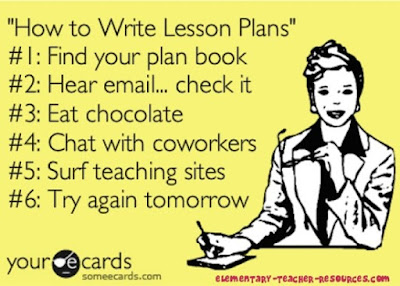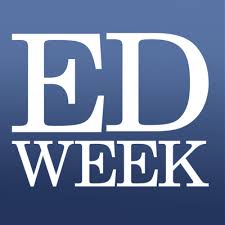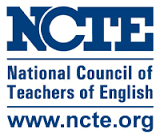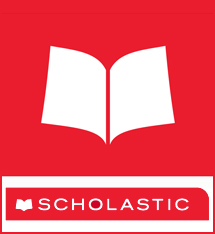Over the last couple of days, I have read a bunch of wonderfully written #OneWord posts. I often found myself nodding my head in agreement, especially in the case of this powerful post about empathy by my friend Bill. Although I couldn’t necessarily pick just one word, recently I have been thinking a lot about planning and how that impacts teaching and learning in our school each day. Much of my thinking has been anchored in the monthly literacy check-in conversations we have had at Cantiague where we have been discussing the integration of the new TC Units of Study and how these resources are impacting planning for literacy instruction and actual implementation.
Planning: A Personal Journey
This notion of “planning” is one I have struggled with my entire career as an educator… I could never quite plan far enough ahead yet I always over planned to make sure every minute was accounted for in my classroom. I have run the spectrum of planning… planning week to week using a plan book; planning an entire unit of study in advance using a template, and planning day to day on sheets of loose-leaf paper based on what I actually got accomplished on any given day with my students. The following graphic accurately captures what the “planning” experience looked like for me as a classroom teacher and even sometimes as a principal (be honest – how many of you can relate??)…
Stage 2: Logistics, Schedules & Priorities
The second stage of planning considers all the logistics… scheduling, units of study across the different content areas and possibilities for interdisciplinary learning experiences. This is where the week to week planning gets refined and executed. If a teacher knows four students will be out of the classroom at reading at 9:30 am twice during the week, they will plan around that to ensure that the children don’t miss any new content. The second stage of planning will also consider what was accomplished the week before and what the goal is for the following week. This stage of planning drills deeper than what might be considered when planning the entire unit of study. This is where an educator considers the daily learning experiences and how they might unfold in the classroom using mini-lessons, direct instruction, guided practice, small group work and independent practice.
Stage 3: Day To Day
The third stage of planning is based on the data we collect from our students on a daily basis and this impacts the day to day instruction that unfolds in our classrooms. Yes, we may have planned a six-week unit of study in writing workshop that focuses on poetry but if we notice that the majority of our students are struggling with a strategy or skill on any given day, then that should impact, and even dictate, the next day’s mini-lesson. It might throw the unit of study slightly off course but ultimately, we must use data to guide and plan our daily instruction so that we are meeting the needs of our students and helping them work towards mastery of specific skills. The learning and teaching that unfolds in a classroom each day should not be solely based on a unit that was planned weeks in advance – it needs to be shaped and impacted by our students and their needs.
You Decide
Although there is not one size fits all approach to planning, I do believe these three stages of planning will ultimately have the most positive impact on the teaching and learning that unfolds in our classrooms each day. I hope that the readers of this post will join me in reflecting on their individual planning styles and how we can collaborate, as a PLN, to enhance our skills in this area!
![]()















